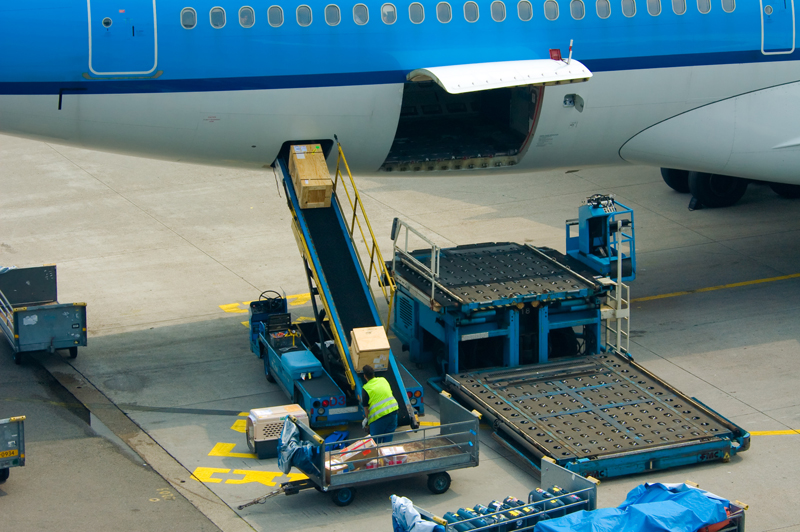Today almost all industries have realized that digital disruption is inevitable for a positive change, and the air cargo sector is no exception. The first step in digital adoption is digitizing all paper-based assets for which a reliable document scanning service provider can ensure the necessary support. Digitization is the key to success in the present digital age and it is vital to successfully meet the rising expectations of customers for personalized and mobile services. The wave of digitization has taken over the air cargo industry also for the development of new innovative services and solutions which will drive efficiency in the air cargo ecosystem and deliver incremental value to the end customers.

Big data, analytics, cloud computing, and the Internet of Things (IoT) among other developments are changing how air cargo operates. The industry is investing in modern technology to develop digital products and services and it opens up opportunities for the air cargo industry to grow. The air freight industry has become highly competitive in recent years. According to the International Air Transport Association (IATA), air freight demand is at its highest since May 2018 and the global airline industry will end 2019 with its tenth year of profitability. Although the industry has witnessed gains due to favourable circumstances and consistent performance, there are some challenges that this industry faces. There is a constant need for the players in the air cargo industry to adopt digitization to provide better services to end users.
Even today this industry relies on paper-based process to exchange the shipment related information along the complex supply chain and this leads to poor data integration and standardization, high chances of data error and thereby poor data quality, and inefficiencies to the supply chain system.
The Digitization Impact
Digitization of the air cargo industry begins with disruptive technologies like IoT, wireless technologies (sensors and data loggers), blockchain and artificial intelligence that can transform the industry. IATA is working with many strategic partners to find out more opportunities to develop appropriate guidelines and standards. API also has an important role to play in effective management of supply chain for the cargo ecosystem. The main objective of digitization in this industry is to minimize human interaction and ensure a seamless flow of information from one end to another.
Digitally enabled air cargo system allows the players of the industry to drive predictability, intelligence, and value across the supply chain. Further, digitization opens up the opportunity for the industry to have innovative systems like driverless aircraft, augmented reality and thus deliver value to customers and achieve that competitive edge.
Increasing Relevance of a Mobile Mindset
Mobile technology is rapidly evolving and has a huge impact on air cargo, which makes mobile strategy implementation very important. Cathay Pacific Cargo, Qatar Airways Cargo, Lufthansa Cargo, and Korean Air Cargo all have mobile apps that provide service information to cargo agents and customers for tracking shipments from their mobile devices, checking flight status and managing airway bills. Mobile technologies play a crucial role in further improving customer service and flexibility for the air cargo industry, and that in turn can benefit the customers who use their services.
Cyber Security Is Crucial
The air cargo industry is highly interconnected and so cyber security is crucial. The more digital a business becomes the more it is prone to threats. Therefore a robust level of strategic focus and readiness is important, but unfortunately the air cargo industry lacks this. IATA has helped airlines in developing a robust cyber security strategy and driving coordination of global efforts to address cyber threats to aviation. In 2015 IATA launched the second edition of the Aviation Cyber Security Toolkit to help security stakeholders identify ways to protect their vital IT infrastructure.
The World Air Cargo forecast report from Boeing predicts that the volume of data will be approximately 4.2 percent per year for the time period 2015 to 2035. So, efficient management of capacity, time and other resources therefore becomes a top priority for technology investment. Physical assets are merging with digital ones, which means that data captured is embedded into every aspect of the physical process. The cargo industry therefore offers huge scope for implementing the Internet of Things (IoT), and stands to make significant gains from the resulting insights. The air cargo industry can make use of data entry service or document scanning service to convert all data into digital format to speed up modernization and transformation and also improve customer experience, increase operational efficiency while having control over the supply chain.



